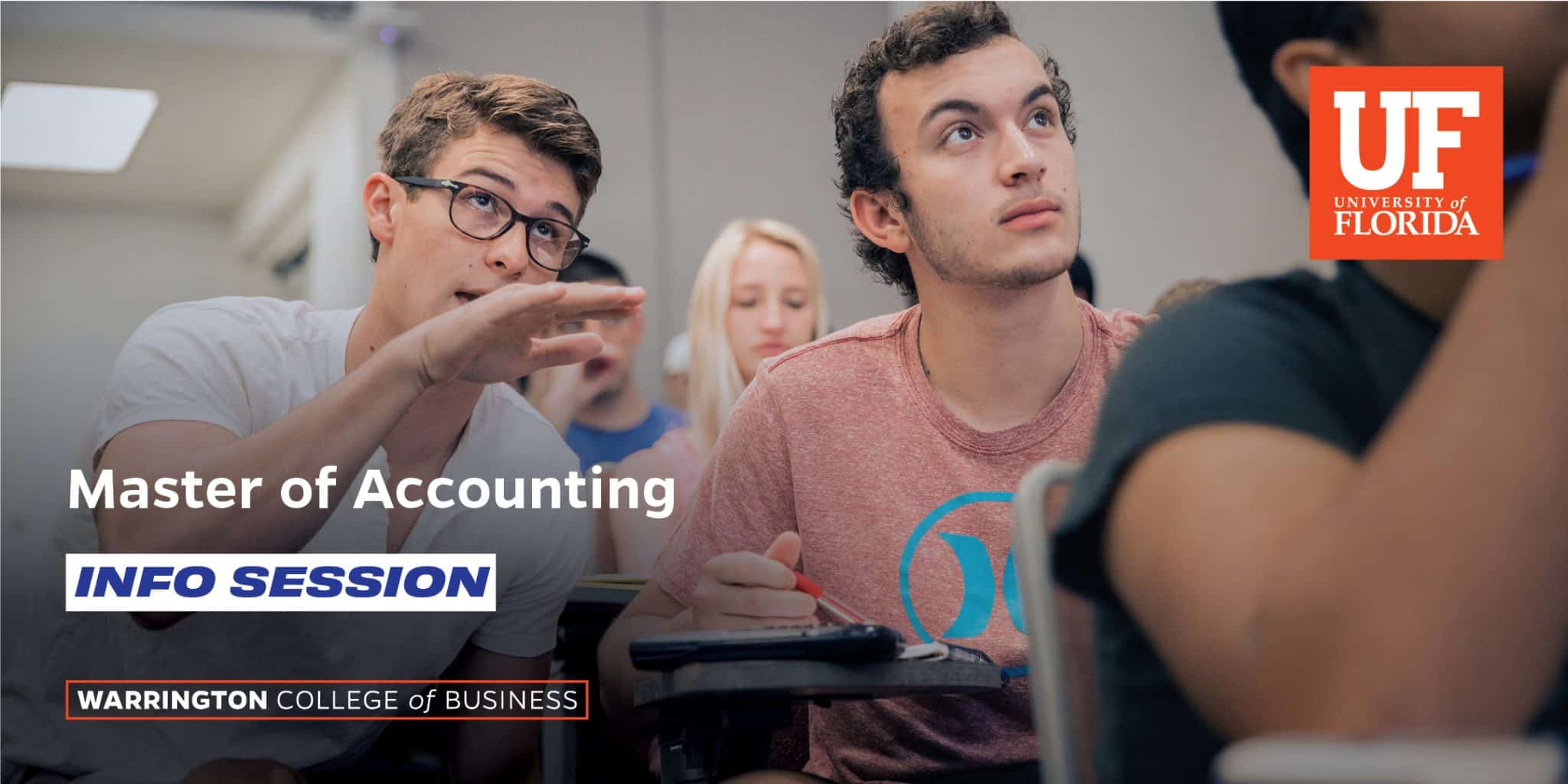Alvarez & Marsal Tax & TAG Pop-Up
Privately-held since 1983, Alvarez & Marsal is a leading global consulting firm that delivers performance improvement, turnaround management, and business advisory services to organizations seeking to transform operations, catapult growth, and accelerate results through decisive action. Stop by the Gleim Atrium to meet their Tax and Transaction Advisory groups and learn how you can become…



